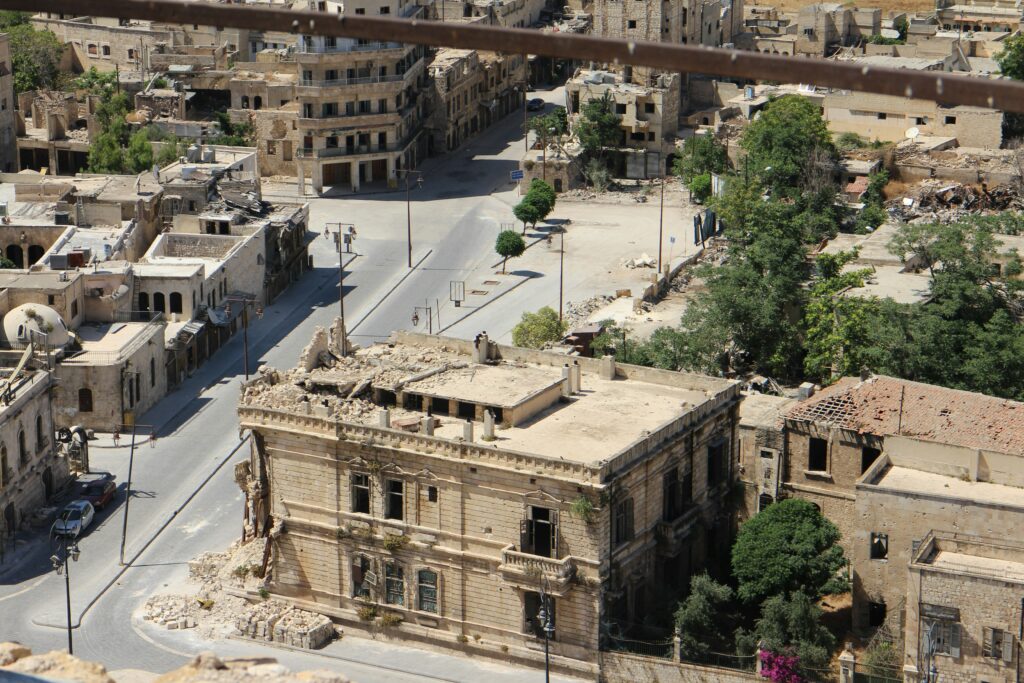Syria will have a new government starting March 1. The country’s interim foreign minister made the announcement during a conference in Paris on Thursday. This marks an important step in Syria’s political change after the fall of Bashar al-Assad’s regime. Several Western and Arab countries also pledged support for Syria’s reconstruction.
The Paris Conference was organized by the French government. It was the third meeting of its kind, following similar talks in Jordan and Saudi Arabia. The main goal of these meetings is to help Syria’s political transition and support its recovery after years of conflict.
Nations Unite for Syria’s Transition
A key result of the Paris Conference was the signing of a declaration. This document stated that the countries involved will help Syria with its political transition. The process will be led by Syria itself, but international cooperation will be crucial.
Countries that signed the declaration included Syria, Turkey, Lebanon, and several European nations such as France, Germany, Italy, and Greece. The G7 members, Canada and Japan, also joined the declaration. These nations pledged to help Syria rebuild its political institutions and infrastructure.
However, while many nations participated, the United States did not sign the declaration. A U.S. representative attended the conference but chose not to back the document. This decision highlights the complex political situation in Syria.
France Focuses on Lifting Sanctions and Fighting Terrorism
One of the main topics discussed was the removal of sanctions on Syria. These sanctions were put in place during Bashar al-Assad’s rule. French Foreign Minister Jean-Noel Barrot confirmed that the EU is working on removing these sanctions to help Syria recover. “These sanctions must no longer hinder Syria’s recovery and reconstruction,” Barrot said.
The declaration also promised to support Syria’s new government in its fight against extremism. One of the goals is to prevent terrorist groups like ISIS from regaining control. French President Emmanuel Macron emphasized that fighting terrorism is a top priority for the international community. He urged Syria’s new authorities to join the global coalition against terrorism.
Syria’s Interim Leader Speaks to the World
Syria’s interim leader, Ahmed al-Sharaa, attended the conference. He is a former rebel with links to al-Qaeda-affiliated groups in the past. However, al-Sharaa reassured the international community that he has severed ties with his extremist past. He promised that the new Syrian government will be inclusive and reflect the diversity of Syrian society.
Syrian Foreign Minister Asaad Hassan al-Shibani also spoke at the event. He told attendees that Syria’s new government will represent all parts of Syrian society, including ethnic and religious minorities. The goal is to ensure that no group is excluded from the political process.
International Support for Syria’s Reconstruction
In addition to the political commitments made at the conference, international donors announced that they have set up a UN-led group to coordinate aid efforts in Syria. This working group will focus on providing humanitarian assistance, including food, medical aid, and shelter. It will also help Syria with long-term reconstruction.
France has pledged €50 million in aid to Syria for 2025. This is part of a broader international effort to help the country recover from years of conflict. The funds will be used for rebuilding Syria’s infrastructure and providing services to millions of Syrians still affected by the war.
The Road Ahead for Syria
While the international support is promising, Syria still faces many challenges. Rebuilding the country will require not only financial support but also political cooperation from all sides. The new government must address deep divisions and work to unite the country.
The transition will need to ensure that all groups in Syrian society have a voice. This includes ethnic and religious minorities, as well as the Syrian diaspora, who have been affected by the war.
Syria will also have to deal with ongoing security concerns. It will need to address terrorism, rebuild its economy, and ensure that humanitarian needs are met. The role of international partners will remain crucial in supporting Syria’s recovery.
As Syria prepares to form its new government, the international community’s involvement will be key to its future success. With continued aid, diplomatic efforts, and a focus on countering extremism, Syria can move forward toward a more stable and peaceful future.
For more updates, visit Newyork Mirror.


